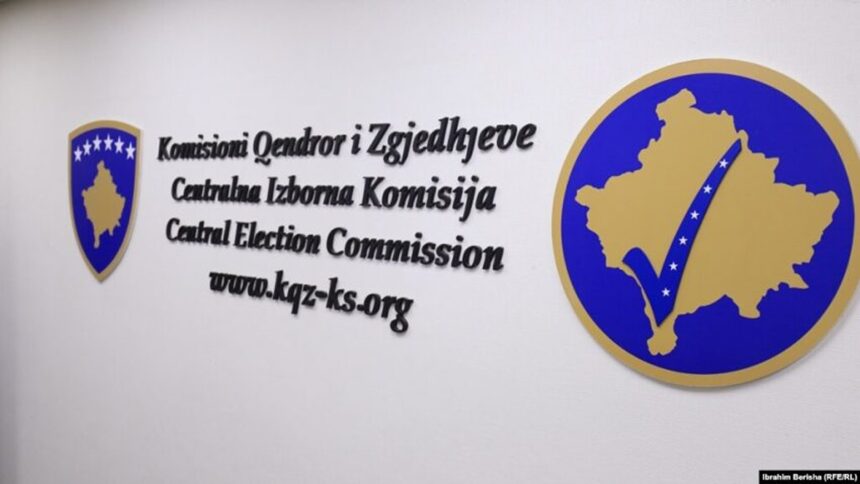On Saturday, the official campaign period for the upcoming local elections in Kosovo, scheduled for October 12, officially began. Political entities have now started presenting their local governance programs. This campaign period will run until election day, without a designated pre-election silence period.
The spokesperson of the Central Election Commission (CEC), Valmir Elezi, reminded that the Law on General Elections clearly sets out the rules that must be respected during this period.
“The campaign must be conducted in a calm, respectful, and democratic atmosphere, free from hate speech or intimidation, and completely distanced from any form of violence,” Elezi stated. He further emphasized that no political opponent’s campaign should be obstructed, nor should any threats or acts of violence be used.
Elezi also explained that, according to the law in force, the CEC is not responsible for handling complaints regarding violations during the campaign. This responsibility lies with the Election Complaints and Appeals Panel (ECAP).
“According to the law, the CEC does not handle complaints of violations during the campaign period, as this is the duty of the Election Complaints and Appeals Panel. However, the CEC plays a role in monitoring the organization of campaign events, advertising campaigns, and other promotional materials,” Elezi clarified in a statement to RTKlive.
He further added that, through the Office for Registration, Certification, and Financial Oversight of Political Entities, the CEC will deploy monitors in various municipalities across Kosovo. These monitors will prepare detailed reports on the activities of political entities throughout the campaign.
“These reports will serve as a source of information for verifying and comparing with the financial campaign reports submitted by political entities,” Elezi noted.
This initiative aims to enhance transparency and accountability during the electoral process and to ensure full compliance with the legal framework by political entities.
A total of 93 political entities are participating in the local elections: 33 political parties, 2 coalitions, 32 citizens’ initiatives, and 27 independent candidates. The process will be organized across 938 polling stations in 38 municipalities.







